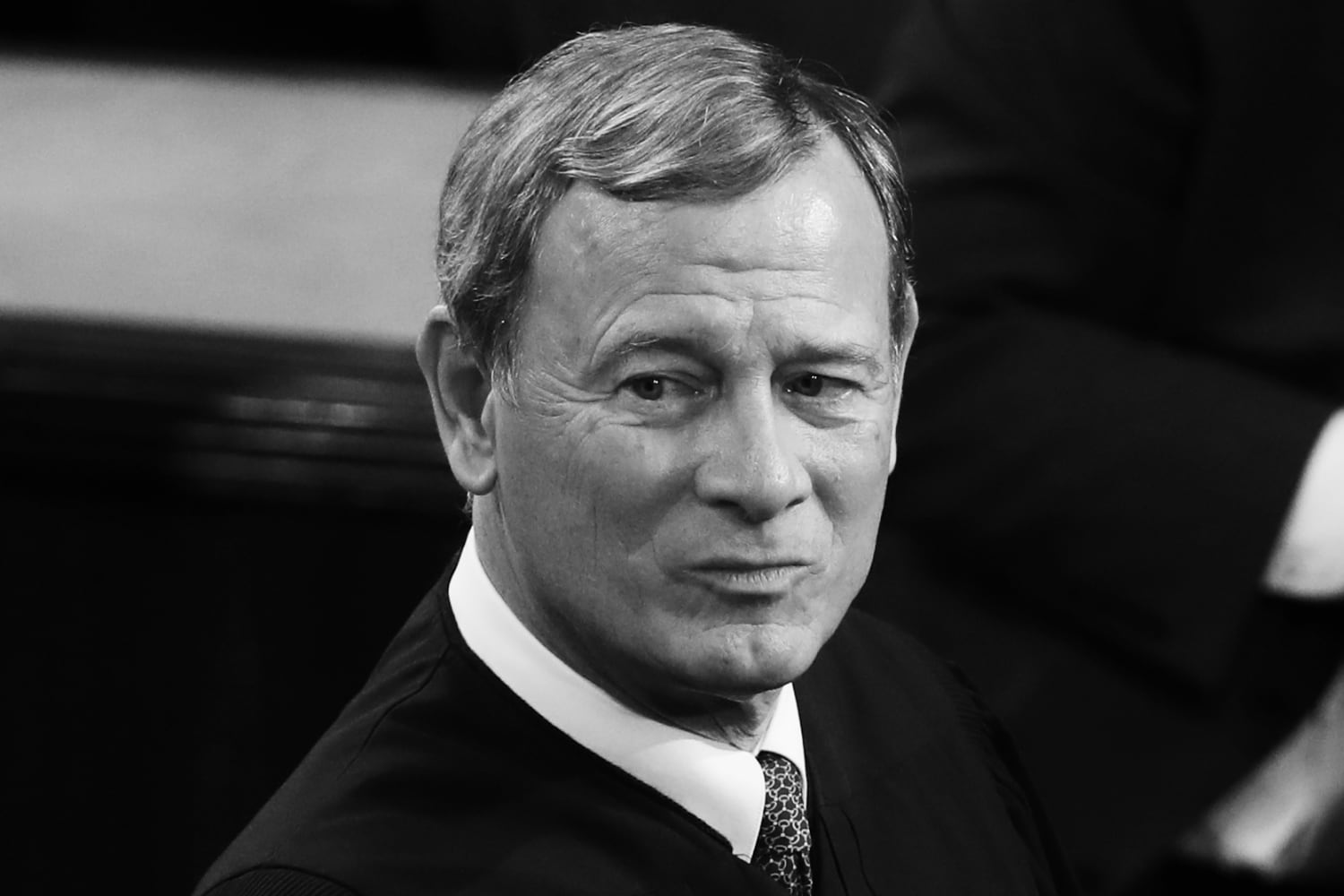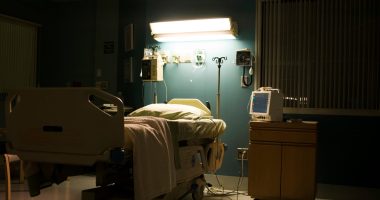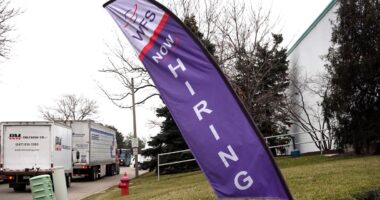The nation’s state and federal courts responded quickly to the coronavirus pandemic, adapting courthouses to conduct trials and finding the public ready to serve as jurors, Chief Justice John Roberts said Thursday in his annual year-end message on the judiciary.
“Judges from around the country report that, where jury trials have resumed, responses to jury summonses have met or exceeded their high hopes for the public’s willingness to participate in the legal system during these very challenging times,” Roberts said.
The pandemic forced courthouses nationwide to close in March, but by April, Roberts said, judges “were guiding critical court functions from their home offices — or their kitchen tables” and were learning “quickly or at least eventually” to use audio and video conferencing tools.
The U.S. Supreme Court was among the adopters, canceling courtroom sittings in the spring and instead hearing oral argument by telephone conferences for the first time, a practice that continued when the court’s new term began in October.
To accommodate jury trials, trial courts reconfigured spaces, repurposing large courtrooms to maintain social distancing and installing Plexiglas to keep participants physically separated. Judges in Michigan and Florida held drive-through naturalization ceremonies, and courts in Iowa and Minnesota moved theirs outdoors, he said.
Ordinary civil case filings were down 10 percent for the year, and 25 percent fewer defendants were charged with immigration offenses “largely in response to a 70 percent reduction in defendants accused of improper entry,” his report said.
Robert noted some of the history of the high court’s responses to outbreaks, saying that America’s first chief justice, John Jay, had to adjourn the young Supreme Court from sitting in Philadelphia in 1793 due to the yellow fever epidemic that killed 5,000 of the city’s 50,000 residents. “President Washington himself fell ill with a severe case of influenza” three years earlier, the report said.
Supreme Court sessions were again canceled in 1918 during the Spanish flu outbreak, the last time the court’s work was disrupted until the Covid-19 pandemic.
Source: | This article originally belongs to Nbcnews.com











